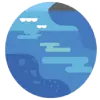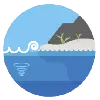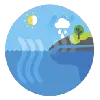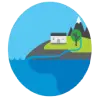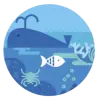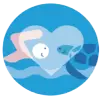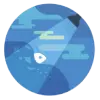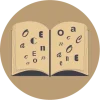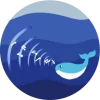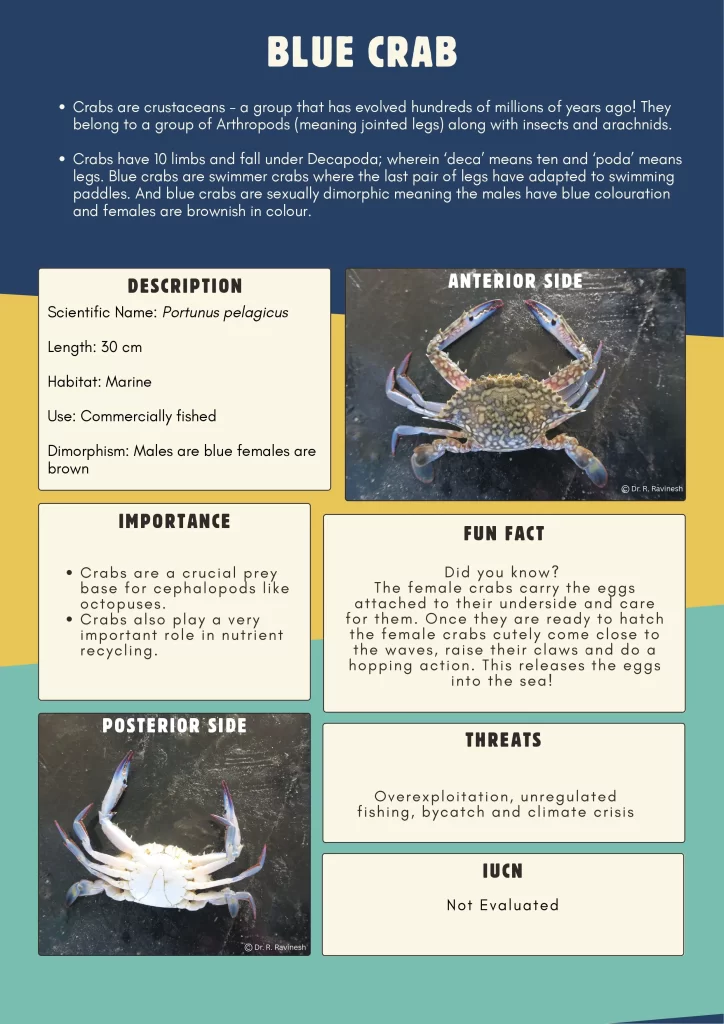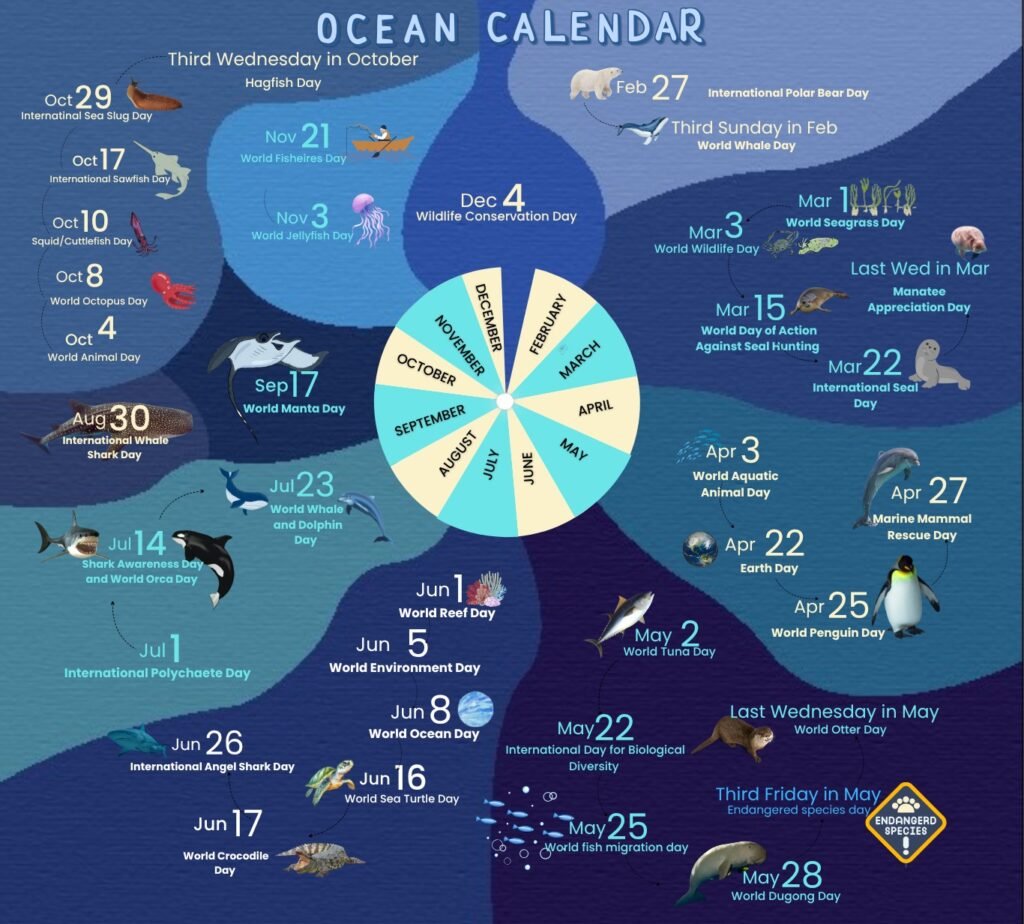Welcome to the
Magic of the Ocean
The Ocean Literacy Platform for Educators
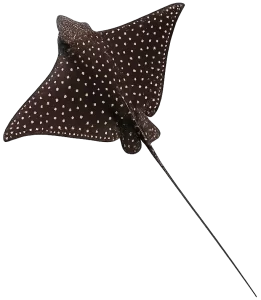
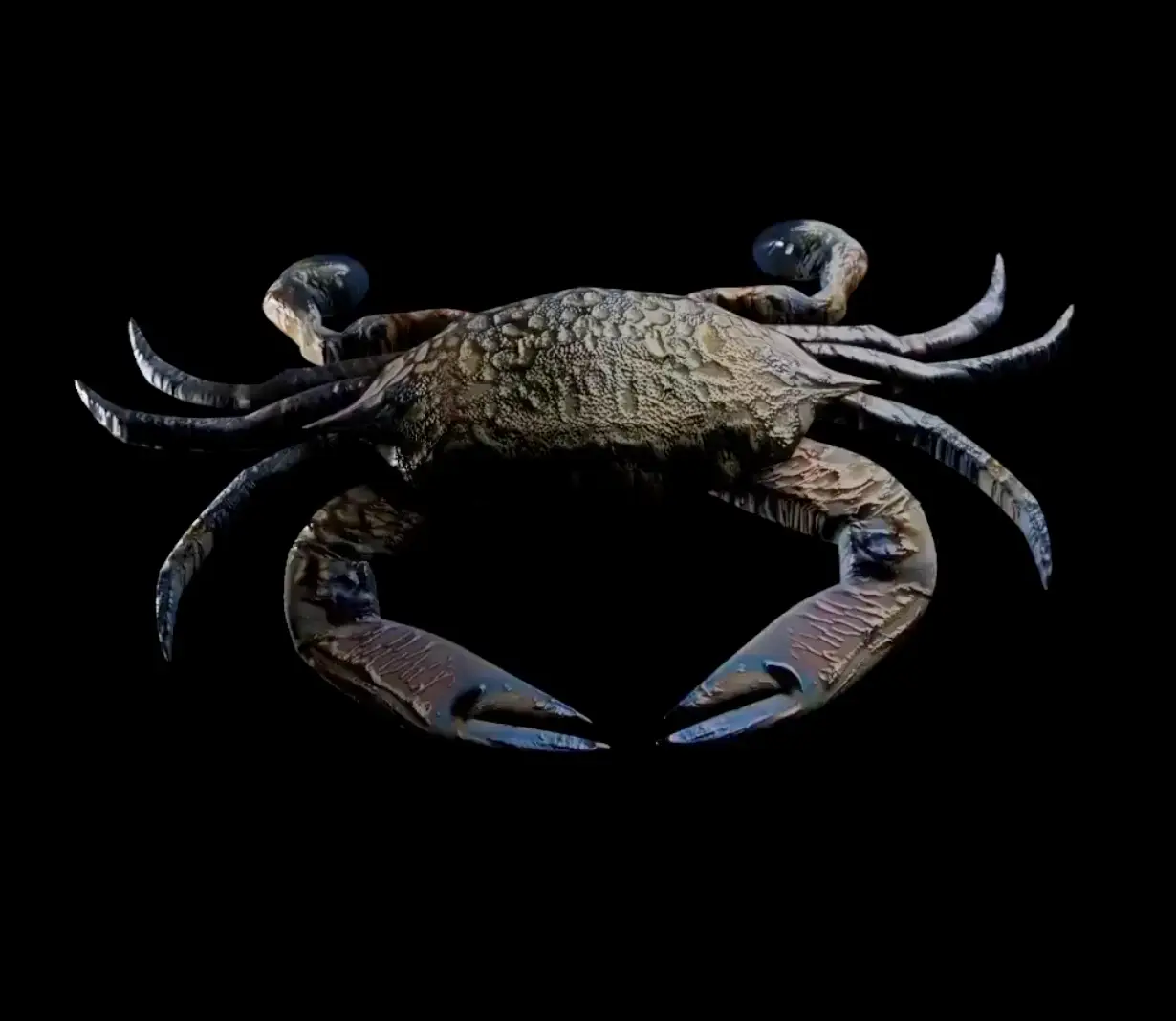
Mind Mapping
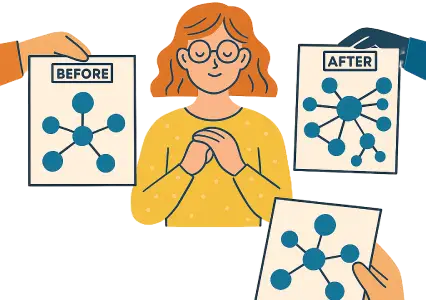
Mind mapping helps assess what students know about a topic—before and after a lesson.
Comparing maps over time shows changes in knowledge and depth of thinking.
This helps you monitor the impact of your teaching.
Attitude Survey
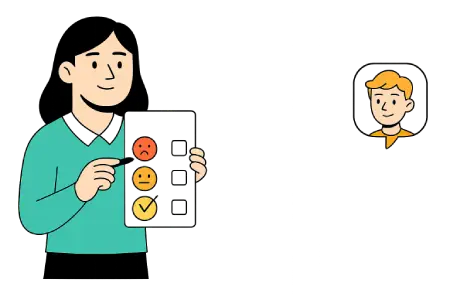
An attitude survey is a quick way to gauge how students feel about a topic.
Used before and after a lesson to track shifts in perception,
it opens up space for discussion to better understand emotions and adapt the lesson plan.
K-W-L Map
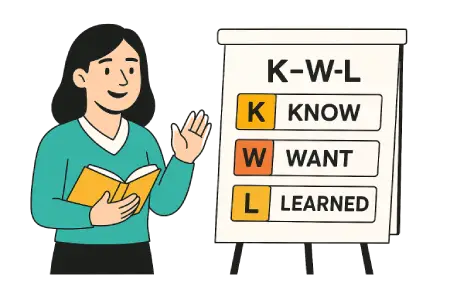
The K-W-L method is a tool that helps understand and support student learning around a specific topic or chapter.
- K – What students ‘Know’
- W – What students ‘Want to know’
- L – What students ‘Learned’
OTHER RESOURCES
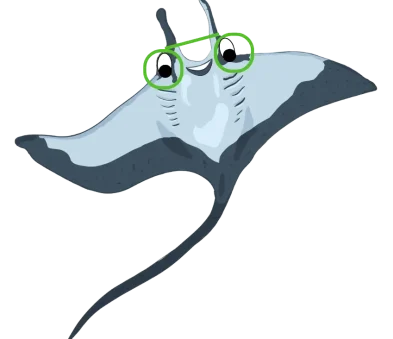
Marine Guardians
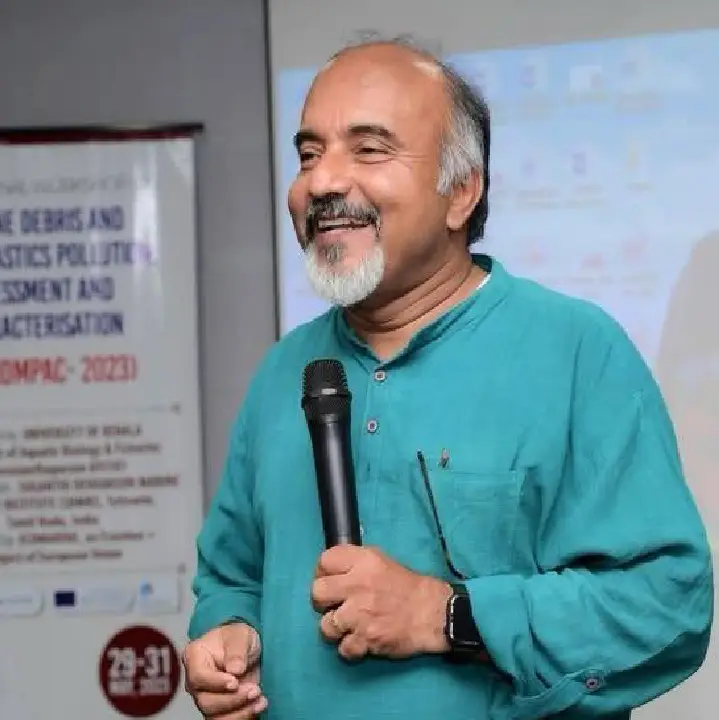
Dr. A. Biju Kumar is a renowned marine biologist, currently serving as the Vice Chancellor of the Kerala University of Fisheries and Ocean Studies (KUFOS) and Senior Professor in the Department of Aquatic Biology and Fisheries at the University of Kerala. He has led groundbreaking marine biodiversity research, described numerous new species, fostered global collaborations, mentored students, and earned prestigious awards. Dr. Kumar’s efforts in marine conservation and policy development and his role in shaping India’s environmental landscape inspire the next generation to protect oceans.
Marine Guardians
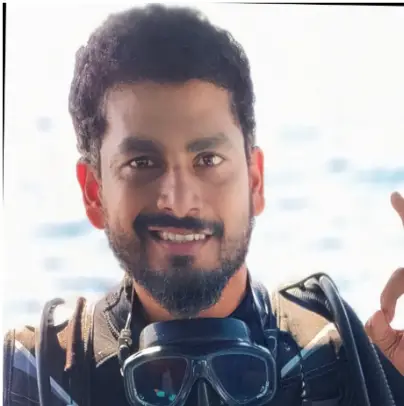
Dr. Vardhan Patankar is a marine biologist whose work spans coral reef conservation, marine protected areas, and sustainable fisheries. He has led research on reef resilience in the Andaman Islands, studied dugong-seagrass interactions, and contributed to marine policy. As a National Geographic Young Explorer, he documented coconut crab conservation needs. His leadership at Wildlife Conservation Society-India and GVI has driven impactful marine conservation initiatives, engaged communities, and advanced scientific understanding of marine ecosystems.
Marine Guardians
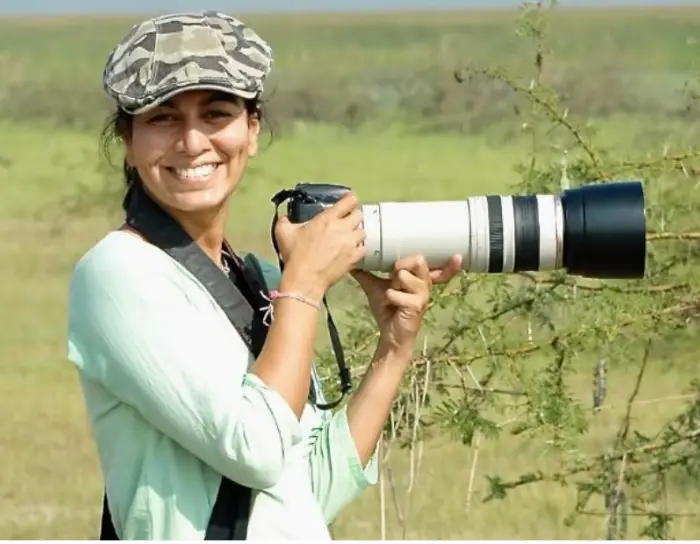
Dr. Dipani Sutaria is an ecologist working in marine systems. She studies cetaceans and elasmobranchs in India, supports early researchers, and engages with fishing communities to mitigate bycatch, which include diving communities and experts in acoustic monitoring, to inform distribution and conservation with community-driven solutions.
Marine Guardians
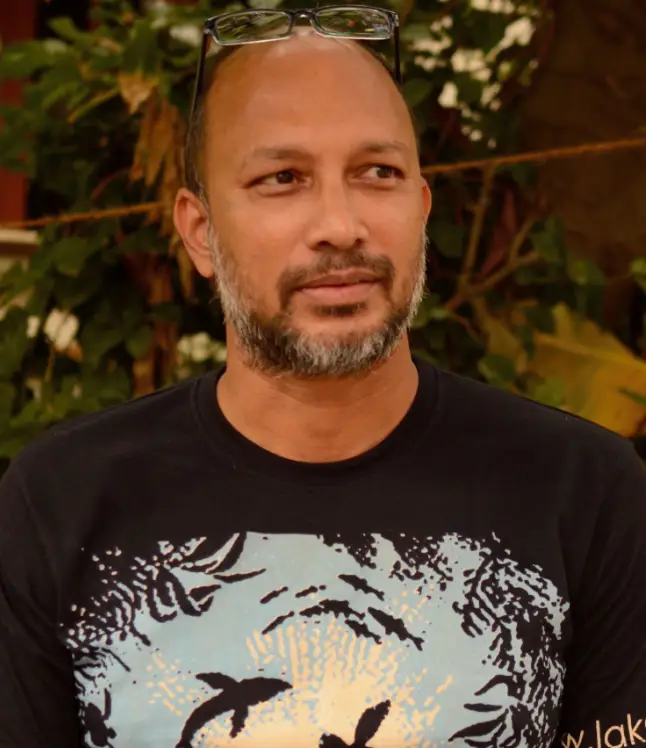
Kartik Shanker is an ecologist and writer. As faculty at the Centre for Ecological Sciences, Indian Institute of Science, Bangalore, he works on the ecology and evolution of terrestrial and marine fauna. He has established long term research on sea turtles along the Indian coast and, more recently, on sharks and rays. Kartik is a founding trustee of the Dakshin Foundation and a founding editor of the magazine ‘Current Conservation’. He is the author of the book ‘From Soup to Superstar’, a historical account of sea turtle conservation in India, and several children’s stories.
Marine Guardians
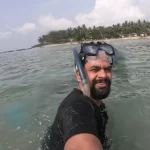
Dr. Amit Kumar is a marine ecologist specializing in marine molecular ecology, with expertise in seaweed biology an adaptation to climate change. His research explores how marine organisms
respond to environmental stressors. With global experience spanning India to Italy, he inspires students to explore marine biodiversity, conservation, and sustainable ocean solutions.
Marine Guardians
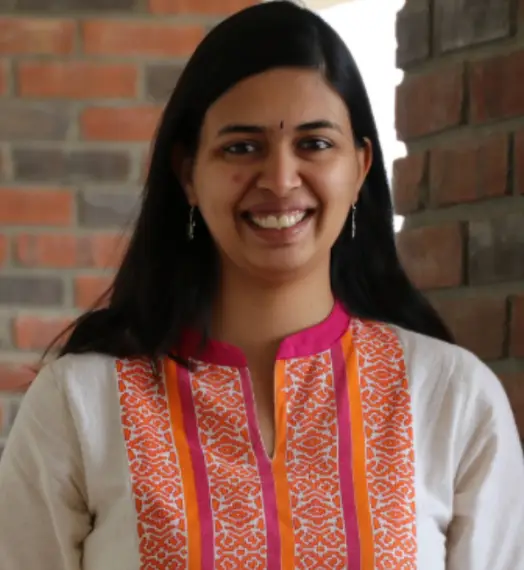
Inspired by the ocean along India’s Coromandel Coast,
Dr. Divya Karnad developed a deep passion for marine conservation and dedicated herself to working in the field. She co-founded ‘InSeason Fish‘ to promote sustainable seafood and leads initiatives focused on shark and ray conservation.
From the oxygen we breathe to regulating weather and climate, our daily life is connected to the ocean in more ways than we think.
Take the Ocean Opinion Poll and contribute to India’s Ocean Opinion Map.
Our voice will help us understand how people view the ocean—and how we can protect it together

Meet a few experts and hear them answer some commonly asked questions about marine biology and conservation. If you have more questions, you would like our experts to answer, drop them in the Contact Us box below. Please make sure to clearly mention the subject of your question and ensure it relates to Ocean topics. We’ll reach out to our experts and get back to you with answers as soon as we can!

Dr. A. Biju Kumar
Vice Chancellor, KUFOS & Senior Professor, Aquatic Biology and Fisheries, University of Kerala
Talks about Crabs
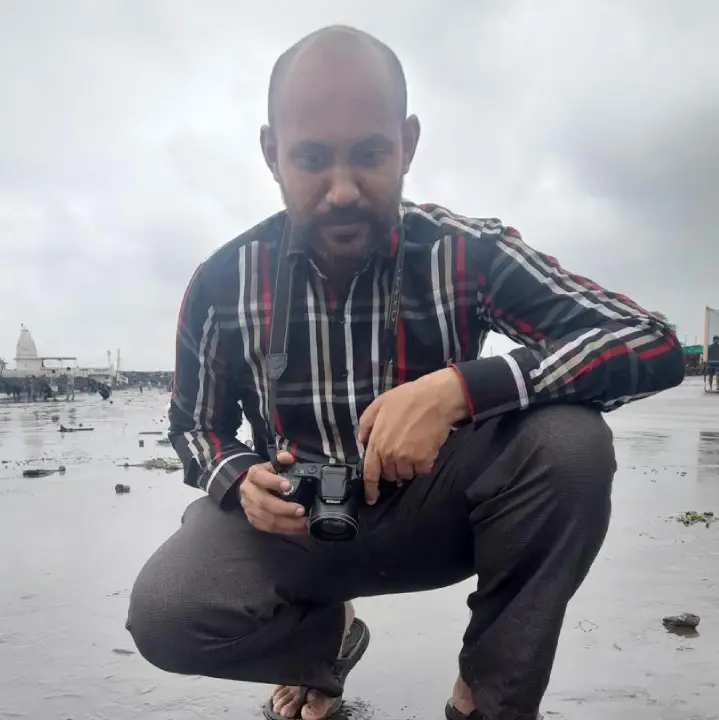
Dr. S R Ganesh
Director of Research, Kalinga Foundation Agumbe
Talks about Sea Snakes
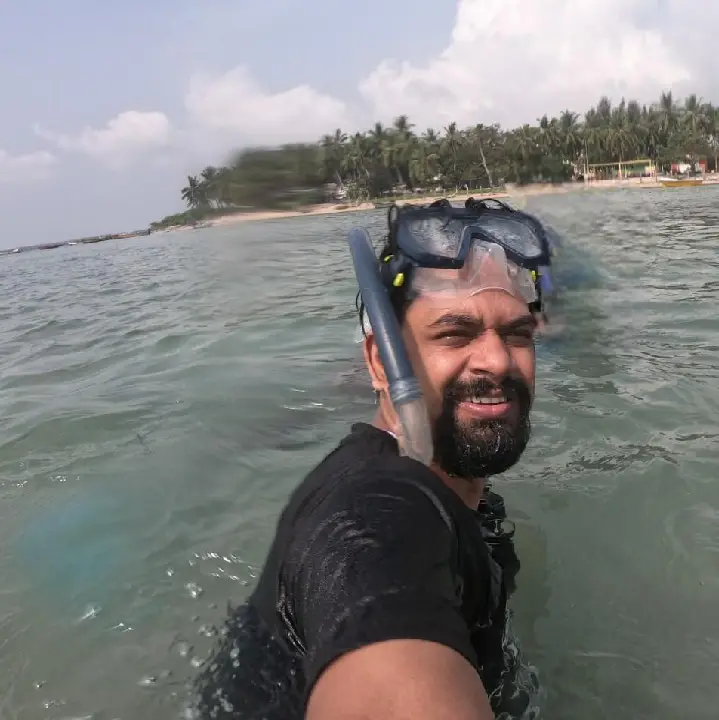
Dr. Amit Kumar
Associate Professor. Sathyabama Institute of Science and Technology
Talks about Electric Rays
Use the Marine Life of the Month card as a starting point! Ask your students to pick one topic from the card—like diet, habitat, or adaptations—and research another marine species that connects to it. Then, have them create a fun infographic to present their findings and the link between the two species.
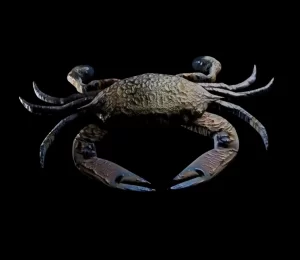
Some activities that you can do with your students
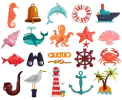
Watch marine documentaries

Educate family members and encourage them to share knowledge

Spread awareness

Engage students in local clean-up efforts

Have students write articles or blogs and get them published
You can submit your articles to zp@zooreach.org to get it published in our Zoo’s print magazine
Here are a few videos on marine animals in the origami form of paper folding. You can have your students make them and decorate the classroom or create an exhibition while having fun.

